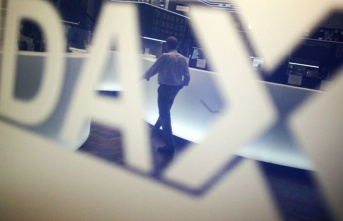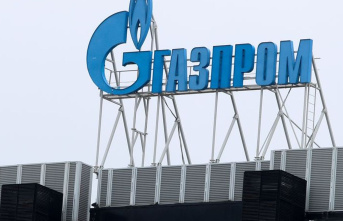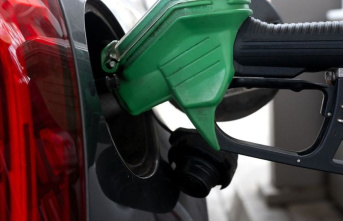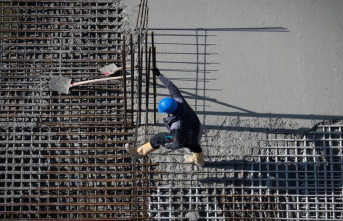Due to delivery bottlenecks for many preliminary products purchased from abroad, German industry has had to accept severe production losses.
For this reason, goods worth almost 64 billion euros could not be manufactured from the beginning of 2021 to mid-2022, according to a study published by the Institute for Macroeconomics and Business Cycle Research (IMK) of the Hans Böckler Foundation on Monday. The auto industry was hit particularly hard. Their added value in Germany was down by almost 31 billion euros due to the lack of preliminary products.
"These figures underscore the need to attach greater importance to the resilience of the supply chains at the expense of cost efficiency in the future," emphasized the IMK experts Thomas Theobald and Peter Hohlfeld. According to the experts' calculations, without the disruptions to the supply chains, German gross domestic product would have been 1.2 percent higher at the end of 2021 and 1.5 percent higher in mid-2022. The impairments are due in particular to production losses in East Asia and transport problems, but also to misjudgments in the procurement strategies of companies.
The extent of the failures makes it clear that the previous business policy orientation, with which German industry is integrated into international supply chains, is anything but ideal in stressful global economic situations, warned Theobald and Hohlfeld. A strategy that focuses on greater resilience, more storage reserves, diversification and sustainability of the supply chains promises better results. This is all the more important since the ongoing zero-Covid strategy in China and new geopolitical tensions in connection with the conflicts in Ukraine and with Taiwan as an internationally important semiconductor location could result in new supply bottlenecks.







